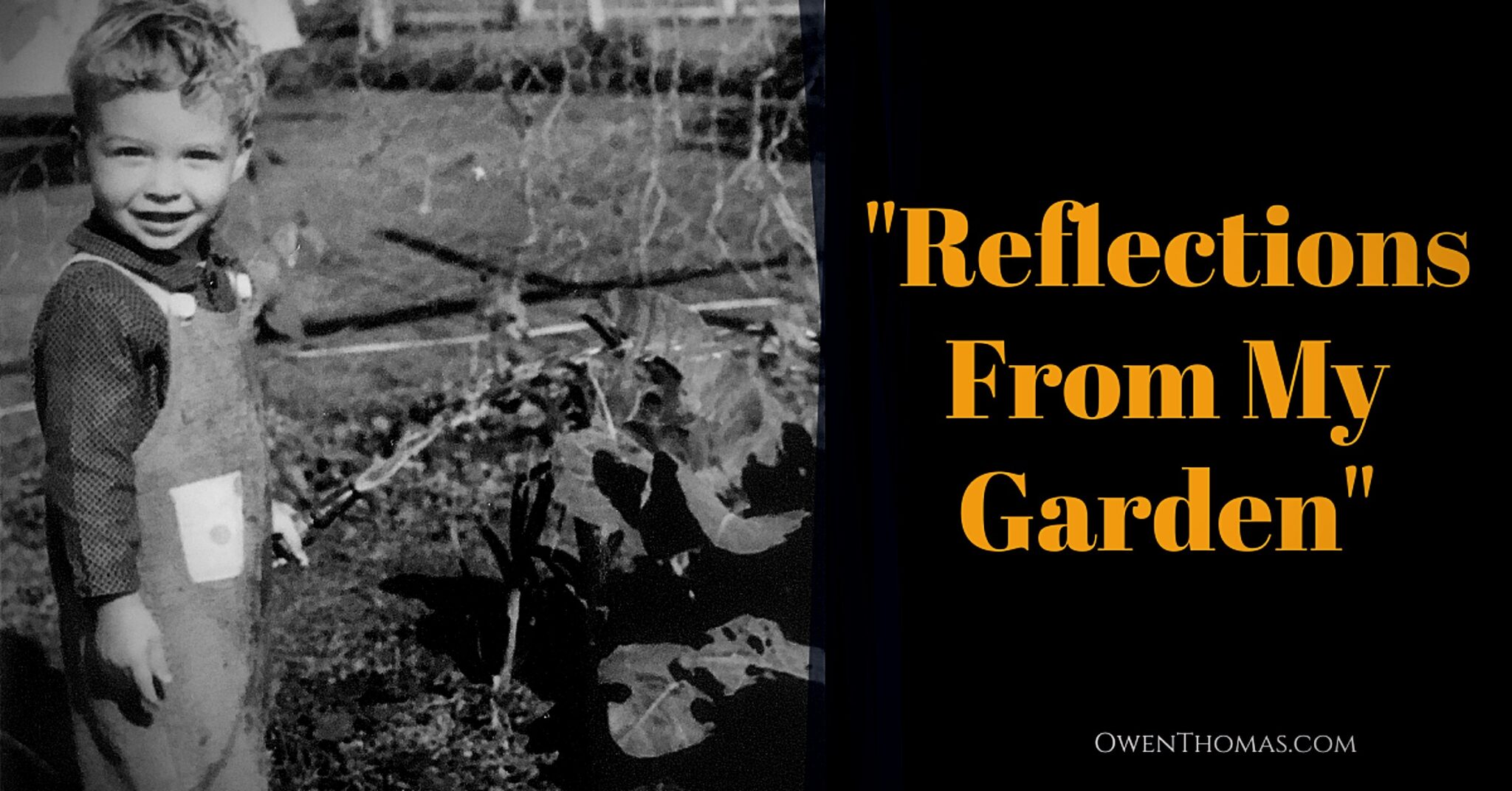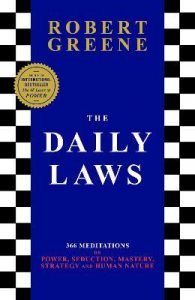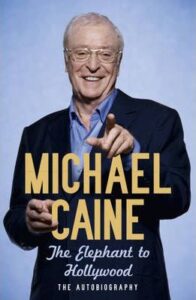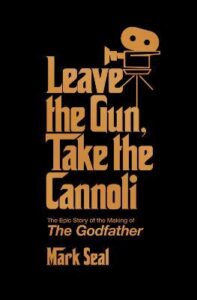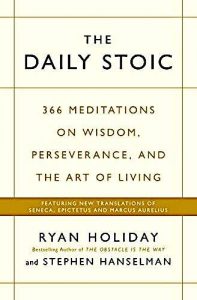“To forget how to dig the earth and to tend the soil is to forget ourselves.”
-Mahatma Gandhi
Ted Hosking hobbled towards me. He had Brucellosis, a chronic disease that can last a lifetime for some.
Ted had been a pig farmer, and in Australia, it is the last bastion of the disease and can be transferred to humans. He was unfortunate. After they had to sell the farm, Ted and his wife Pat moved to Melbourne, where I got to meet them. Pat was one of those remarkable people who adapted to change and was always eager to learn new things and start new careers. She’d started life dirt poor, living in country Victoria in a part of the country now flooded by a massive dam. She’d fought fires, became an accountant, naturopath, and herbalist, married a couple of times, Ted being the last. Pat had developed a unique body therapy, which was how I got to know them both. Pat kept her practice going until her late eighties, when her hands started to show signs of age. This aging, of course, didn’t’ deter Pat, last time I spoke to her a couple of months ago, she had developed a jigsaw business and was a regular stallholder at many of her local weekend markets. She’s in her nineties.
Unfortunately for Ted, with all Pat’s skill, she couldn’t help Ted. He managed his pain with morphine and alcohol and probably a concoction of other drugs. To deal with the loss of income, Ted had utilized his farming skills and had converted the backyard of their new suburban home to a “full-on” vegetable and fruit garden. Fruit trees along the back fence and vegetable plots, compost areas’, chicken run, water tanks, and a potting and work shed. It was amazing to think that he had done all this whilst he struggled around on two crutches, a small neck brace to hold his head up, and some days in significant pain. He had done what he could every day, and all those days had added up. There was always excess produce to be bottled and pickled, and Ted spent the quiet days collecting recipes for his upcoming “Scone” book. He never expected it to be a big winner but was happy with whatever success came his way. It gave him something new to learn, hope for, and social contacts.
Pat treated me every week, and early on, I was there almost every day. If it wasn’t for the generosity, there was no way I could have afforded it. Their hearts were as big as Ted’s harvest. After the treatment, I would often wander around the garden with Ted. I would talk to him about his plans for the season and the reasons and wherefores for any decisions. It helped reignite my love for growing things that my father had learned and shared. Dad would put in a veggie garden every time we moved, almost before unpacking. I think it helped ground himself into the new landscape. He also knew that crops take time; some things can wait, but we could miss a whole precious season if nothing is planted. Living in most states of Australia, I have seen this happen many times. Mum, of course, would bottle and bake and store all that extra produce. She would also try to make the endless supply of silverbeet taste great for a child’s palate with fried bread and scrambled eggs. I still remember choking on the ammonia smell when cleaning out the chicken coup. Whereas my sister remembers the cute little fluffy chickens, and my brother can’t go past a lemon tree and a tomato harvest.
Of course, as a child, most of the chores revolved around working with my parents in the garden and, as I matured, I realized how much we absorb whilst helping out. Nevertheless, there is a shared memory of the joy of fresh strawberries or raspberries and the Sunday afternoon sweetcorn harvest with hot melted butter and a sprinkling of salt. I still grow sweetcorn to this day. It is one of the cheapest vegetables to purchase, yet each season I look forward to its fast growth and lush foliage and, for some reason, it makes me feel rich and abundant.
With Ted, I started to see gardening with an adult mind and cultivation with a farmer’s intellect. I still remember Ted’s catch phase – “morning sun is the growing sun.” As any wine connoisseur, my brother being one, will tell you, vines on the eastern face produce a different taste from those on the west. Given my current home and its garden are partly shaded from the east by a neighbour’s tree and another on the northwest, I spend my year chasing the sun as it moves across the country’s sky: no sun, no photosynthesis, no crops, and no lunch.
The garden is where I go when I feel stressed, anxious, or out of balance. It restores joy to my heart and always gives a sense of wonder and pleasure. The speed of the garden slows my mind and allows me time to reflect on my current circumstances or my past, and gives me quiet classes on how to live.
“Like the bee gathering honey from the different flowers, the wise person accepts the essence of the different scriptures and sees only the good in all religions.” – Mahatma Gandhi
Location and soil are kings. These determine everything, what can be grown and what cannot. Will crops grow quickly or slowly, and what type of results can be expected. By soil, I don’t mean dirt. Dirt is dead soil, and without help, nothing of significance can be grown. Dead soil can be rejuvenated given time and the right resources. But dirt comes from neglect or overuse. And like ourselves, dead soil can be rejuvenated given time and the right help. Depending on where you are, you may be starting with dirt as a base for your life to spring from, so it will take time and energy and focus on bringing the very foundations of your life to a place it can be used to create wonder and awe, and to sustain you with a meaningful and happy life. Others find themselves born into abundant rich soil that from the get-go gives them foundations that only as they mature will they realize how blessed they have been.
The soil makeup will determine what will grow. Is it sand, soil, loamy, clay, or some mixture? Soil can be changed, but its essence will remain. It is best not to complain but to learn to work with its unique opportunities and what beauty can be grown from within. We have a core of who we are; with our individual makeup, we must learn to take full advantage of this and develop a life that best suits us. Rather than trying to grow plants or life that wither and die, we work against the nature within. Therefore, comparing ourselves to others is futile.
The foundations of our lives continually need to be looked after, replenished with love, just like our soil. Soil needs to be rested and lost nutrients replaced. Sure, we can push the land with fertilizers or ourselves with products to dull the pain or pleasure to distract us, but in the end, depletion is depletion and the longer it goes on, the more withdraws that is made, the longer it takes to come back from the ‘dead’.
“Our life as we now live it is the result of seeds planted at an earlier time. – E. James Rohn
In my family, I am somewhat renowned for my beetroot dip. Made with fresh dill with an onion and a heap of tahini, it never lasts very long. When I started making the dip, I would buy large quantities of dill from the local supermarket and throw out the unused storks. After far too many years of doing this, I realized that I was throwing out the bottom of the plant, which had roots attached. So, on a whim, I just stuck them in an unused pot of soil outside my back door, which was a sunny spot. The retail dill is hydroponically grown, so I wondered whether it would adapt to my garden or perish. I found that dill love my garden. I let the plants go to seed, collected them, and now use them to create my year-round crops. Not only do I benefit from my own planted crops, but the seeds are so light that the wind and my activities spread them all over the garden, and I find dill popping up everywhere. I haven’t purchased dill for years, and the seeds are so plentiful neither have my neighbours. Nature wants to be abundant, and given the right crop in an appropriate landscape, she will continually reward us.
“We are born owning many qualities; some we may never know we possess. It all depends on what kind of run God gives us.” – Colleen McCullough
In my own life, I find that if I work with aptitudes with which I am naturally blessed – life has always rewarded me – I find it easy to find work, build relationships, and create opportunities. However, I struggle and produce very little if I say yes to things that don’t work for me. I get frustrated and lack joy, and in one example, I start dreading Monday on the way home from work on a Friday. Yet someone else whose makeup suits that situation seems to blossom without effort. Nature wants to be abundant. But trying to grow a rose in the Arctic can be done, but – the amount of work it takes – we must ask, is it worth the effort or indeed sacrifice our precious time and lives for it. Could we create abundance with another crop, career or life purpose?
Yet, there may be the need to create a crop because of necessity. If this is the case, use that situation to bloom quickly, generate some new seeds of opportunity, and get out of there.
“Do not blame the problems and challenges of life for your humbling circumstances. Does the seed complain because of the rocks it must grow over, under, around, or through?” E. James Rohn
Last year I put in a new garden bed, applying learned skills from an earlier adventure. When I first moved to my home, I paid attention to my neighbours’ comments about my garden. They had lived next door to my house for over 40 years and had seen many failures and lack of success from previous residences and suggested not planting in certain areas. For the most part, my home didn’t have any established garden apart from shade-giving trees and some wayward shrubs. Yet, there was one area where there had been a raised garden in the past. So, from the start, that is where I worked. The problem was that it was also the area that got the most shade. To find more sunlight, I planted in areas against my neighbours’ advice. The soil was poor, so I planted hardy plants with my sister’s advice and then forgot to look after them. I forgot the primary tenet, regardless of what you sow, the first year is the hardest and, just like anything young; they need to be looked after. So, in the end, my neighbours were right – and that garden area ended up barren as per every other resident.
So I went back to my raised bed, yet my mind would always wander around as to how I could make that barren dirt work. It became a challenge to see what I could do where others had failed. I spent a couple of years observing how the sunlight worked and sorting answers from experienced gardeners on possible solutions. I also wanted to grow vegetables that need a decent amount of sun. With observation, I found there were about six months of the year when that area would receive about 4 hours of sunlight a day over the late spring/ summer/early autumn where the sun was overhead. The other problems were that the areas were under the eves and didn’t receive much natural rainfall, the main problem being the soil. When some built the home, all the topsoil had been removed and what remained was very poor dirt and heavy clay. So, step one, I built up the soil with compost, autumn leaves etc., and used soil conditioners and wetting agents to increase the water holding capacity. This activity attracts worms and other soil microbes, and over time, the dirt has changed, and I have half-decent soil to work.
Not knowing how successful my first attempts would be, I went for plants that would give me easy wins. Several years later, they are successful garden beds growing food and flowering plants that keep many a bee happy. I have learned to watch and work with the seasons and weather. I have gotten used to longer growing times. The locations and growing times limit what can be done. However, I have some personal pride in having succeeded where most have failed. Those beds will always need more care and attention than the average – that cannot be changed – so why bemoan it. That complaint would be a waste of valuable energy and time.
In life, we may find ourselves working with less than a perfect hand of cards, but with dedication, time, and willingness to learn and occasionally fail, even the poorest of opportunities can create profound abundance. An abundance that generates leverage and more possibilities – we can begin to spiral our lives forward, and who knows where we could go.
From my friend Ted, I learned to use every resource available. Living on a small pension, he used and reused everything – nothing was ever wasted. There were compost and weed teas, specialist plants taken from cuttings that would bring deep down nutrients to the surface for nutrient hungry vegetables and fruits. My dad taught me the importance of concentrating on the foundations early. Work on the most life-affirming things first to ensure there is “food” to sustain the business of life. Then, surround myself with a wise council, whether in books or the careful selection of associates and friends.
‘As certainly as the soil gives back like unto that which we place into it, so also does the mind of man give back in human circumstances that which we place into it by our choice of human thought.’
The world around us is a continual teacher. Taking the time out to observe and contemplate will not only reward us with tools to build a more prosperous life, but calm the spirit, enrich the soul, and bring joy to our hearts
Till Next Time – something to reflect on, think about and share.
Resources and Further Reading
The Seasons of Life – E James Rohn
The Biggest Bluff : How I Learned to Pay Attention, Master Myself, and Win – Maria Konnikova
